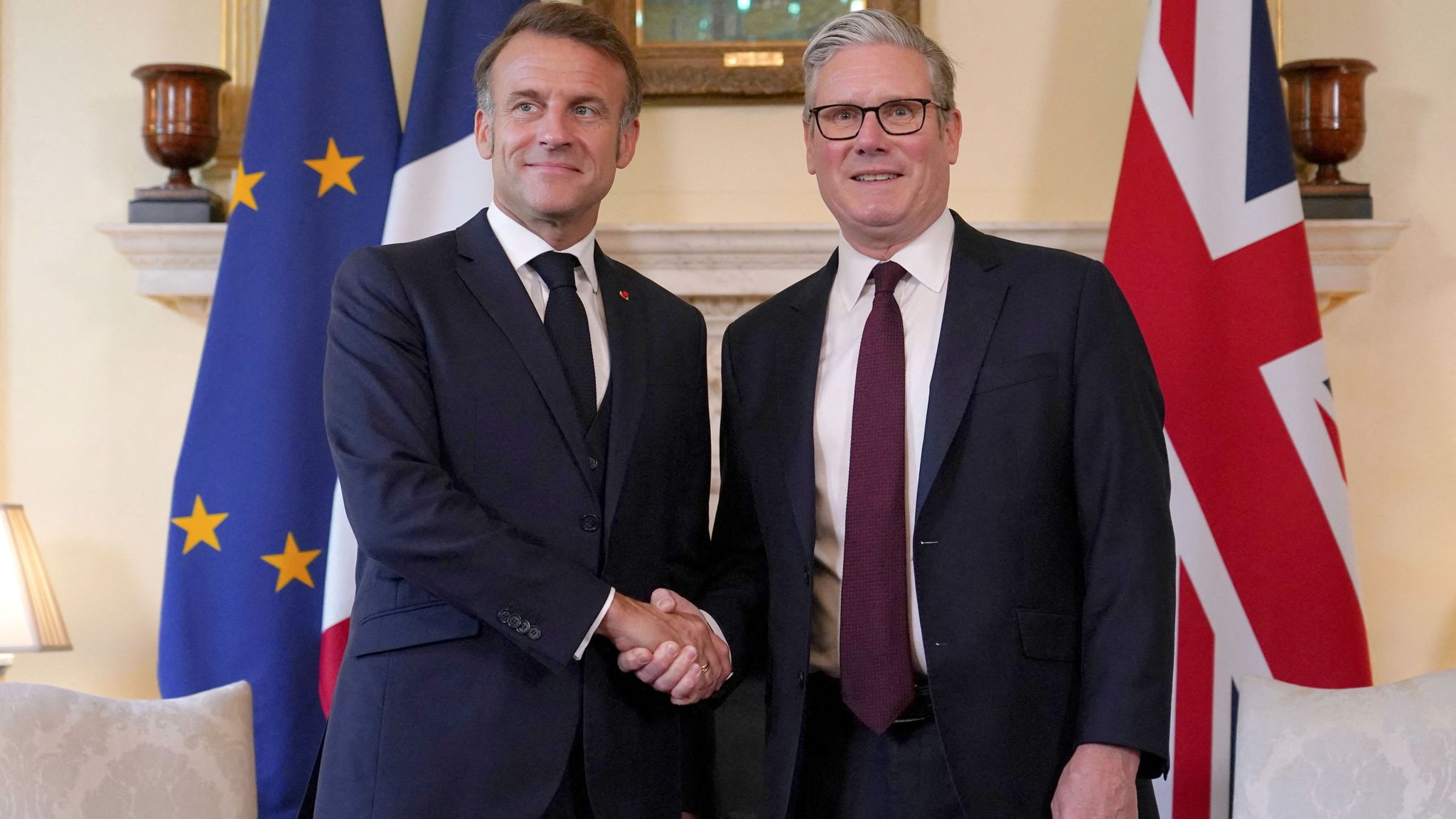Starmer and Macron Unveil New Nuclear Weapons Pact

Britain and France have unveiled a new agreement to coordinate their nuclear arsenals more closely. UK PM Keir Starmer and French President Emmanuel Macron have agreed to reinforce cooperation over their respective nuclear arsenals so […]
The post Starmer and Macron Unveil New Nuclear Weapons Pact appeared first on The People’s Voice.
Women Who Claimed Brigitte Macron Was Born A Man Cleared Of Defamation

The two women who claimed that Brigitte Macron was born a man were cleared of defamation charges on Thursday. The alleged conspiracy theory was peddled by Natacha Rey, a self-described journalist, and Amandine Roy, a […]
The post Women Who Claimed Brigitte Macron Was Born A Man Cleared Of Defamation appeared first on The People’s Voice.
DOJ Subpoenas Over 20 Doctors & Facilities That Chopped Off Children’s Private Parts

1 in 5 Spanish Teens Victim of Nude AI Deepfakes

‘Youth’ Gang Terrorizes Small German Town, Vigilante Patrol Group Forms to Protect Children

Turkey Blocks Grok AI After Posts Target Erdoğan, Atatürk, and Religious Figures

